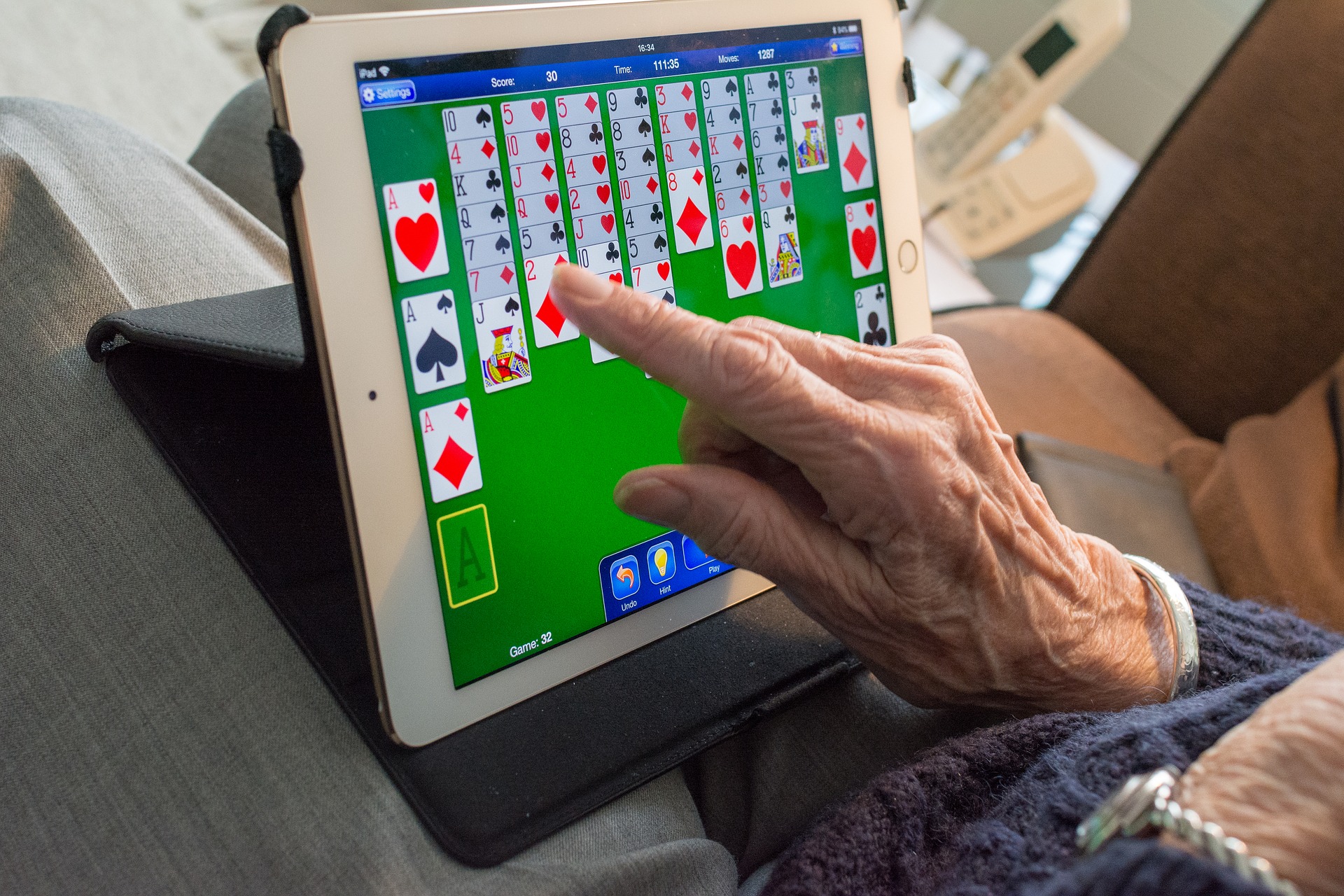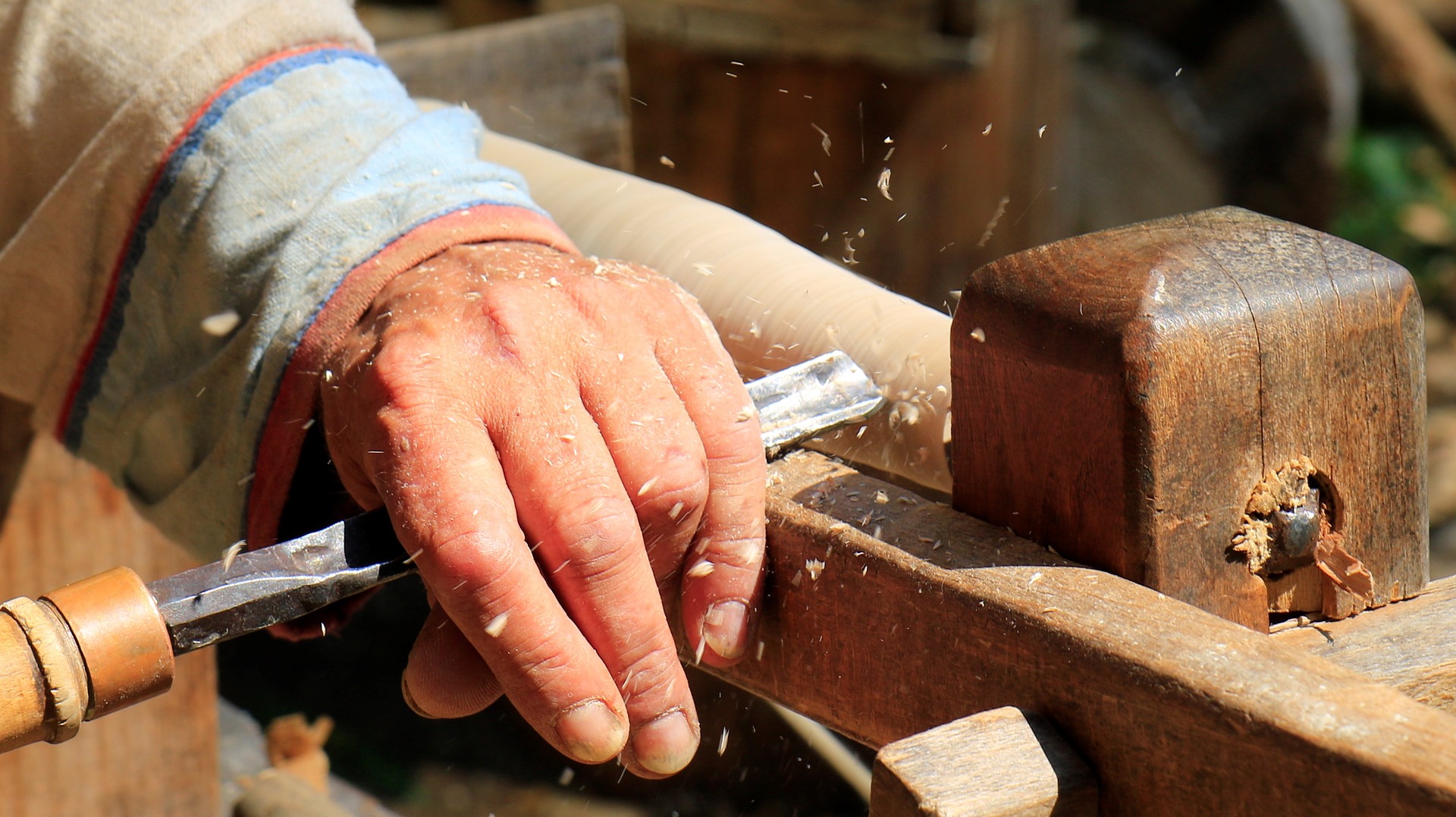
The brain is our most powerful muscle. It is the central hub of our entire body, the architect of our emotions and the guardian of our most precious possession— our memories. That’s what makes dementia such a devastating disease. Almost 6 million people are living with Alzheimer’s. It’s the most common form of dementia, a neurological condition stemming from brain damage or disease. More than 80 percent of the people with this diagnosis are over the age of 65. Now more than ever, seniors need to take steps to keep their brains empowered.
It used to be that people shrugged off memory loss in seniors as just a natural sign of aging. Now we know that sentiment to be a complete misconception. Signs of dementia and Alzheimer’s include:
- Short-term memory loss
- Difficulty with speech and communication
- Confusion
- Delusions
- Trouble making decisions
- Depression
- Erratic behavior
Individually, these symptoms may not directly correlate to a cognitive disorder, but when a few or more show up together, signs point to dementia. Since seniors have the highest risk of suffering from Alzheimer’s, it’s critical that they focus on ways to keep their minds alert, active and flexible.
Engage Your Brain Daily
One of the most tell-tale signs of Alzheimer’s is memory loss, which is why intentional, daily engagement is one of the best ways to slow or stop the onset of dementia. Playing “brain games”— like memory games or word puzzles— that encourage seniors to recognize patterns or come up with solutions is a simple strategy for exercising the brain without even needing to get out of your chair, because doing so keeps your brain from building up degenerative beta-amyloid protein. That being said, movement is also another way to keep the brain alert. Walk a different path every day, go shopping at different grocery stores, or drive down different streets to get to the same destination. Shaking up your routine is a powerful tool for minimizing mental deterioration.
Flex Your Critical Thinking Muscles Online
Keeping your brain on its toes is one proven way to keep dementia at bay. Memory activities allow you to challenge your mind and minimize brain deterioration. For tech-savvy seniors, this is as easy as turning on your computer, laptop, tablet or phone. One study showed online brain-training games reduced the risk of Alzheimer’s in senior patients for nearly a decade. For example, seniors who participated in computerized processing speed training were 29 percent less likely to develop dementia.
Seniors interested in keeping the wheels turning can explore a variety of free, online brain exercise games. A popular site, BrainHQ, gives seniors access to free or subscription-based cognitive training exercises designed just for them. These online activities work on attention, speed, memory, people skills and more. Some exercises are only five minutes long, while others can take a bit longer. Either way, the activities help keep your critical thinking and decision-making skills up to speed.
Stay Social
Many seniors enjoy the peace and quiet that comes with retirement, but if they aren’t careful, that calm can turn into isolation. Senior isolation is one of the leading causes of premature death. Engaging with friends, family, acquaintances and even strangers can help keep your brain at the top of its game. Since speech and communication are often impaired with Alzheimer’s, making an effort to practice these skills daily will keep your mind active. Talking to people requires detailed brain functions, and spending time walking, sharing meals, exercising and playing games with others is even more complex. Staying social is one of the most effective strategies for maintaining a healthy mind.
From playing memory games to walking with a friend in a new park, seniors have the ability to push back on these diseases that can cripple the mind. Stay focused on preventing Alzheimer’s, and watch out for the warning signs. Keeping ahead of these symptoms will keep you on top of your overall well-being.

